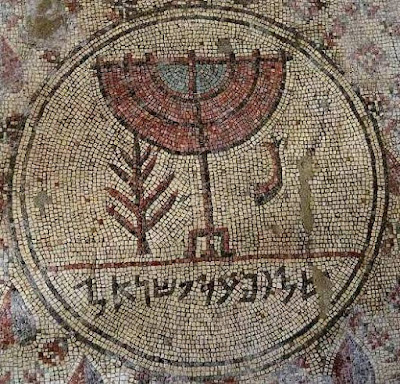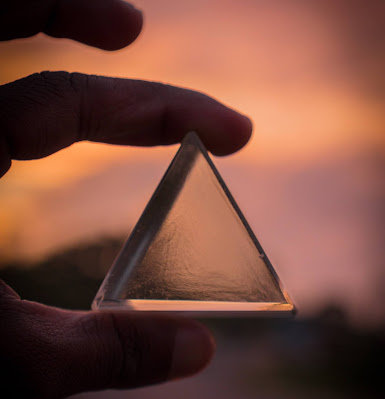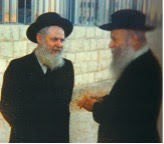by Rav Netanel Yosifun, translated by Hillel Fendel
On the outskirts of the city of Jericho (about 25 kilometers east of Bet El), may it soon be rebuilt, stands the site of the Shalom al Yisrael synagogue. It is famous for its age – about 1,400 years old – and for its large, beautiful mosaic floor; the 1,400 square foot mosaic, featuring a menorah and other Jewish symbols, was uncovered in a 1936 archaeological dig.
Unfortunately, the Oslo Accords gave Jericho over to Palestinian Authority control, leaving Israel with only a minor measure of control over the synagogue. A yeshiva was allowed to function on the second floor of the building, while the ground floor – with the precious mosaic floor – was handed over to the responsibility of a local Arab. In 2001 Arabs vandalized and set the building on fire, although the Torah scroll had been locked in a safe and was not damaged.
Of late, weekly prayers are permitted at the site, with special IDF-PA coordination. On one of these occasions, I stood outside in the courtyard, and my ears caught a lively conversation between two of the regular weekly worshipers. One said: "Our goal must be to restore Jewish control to the ground floor. The mosaic is like an imprint on the earth left behind by our ancestors, proof of our national rights to our hold land. The mosaic seal must be foremost in our goals!"








